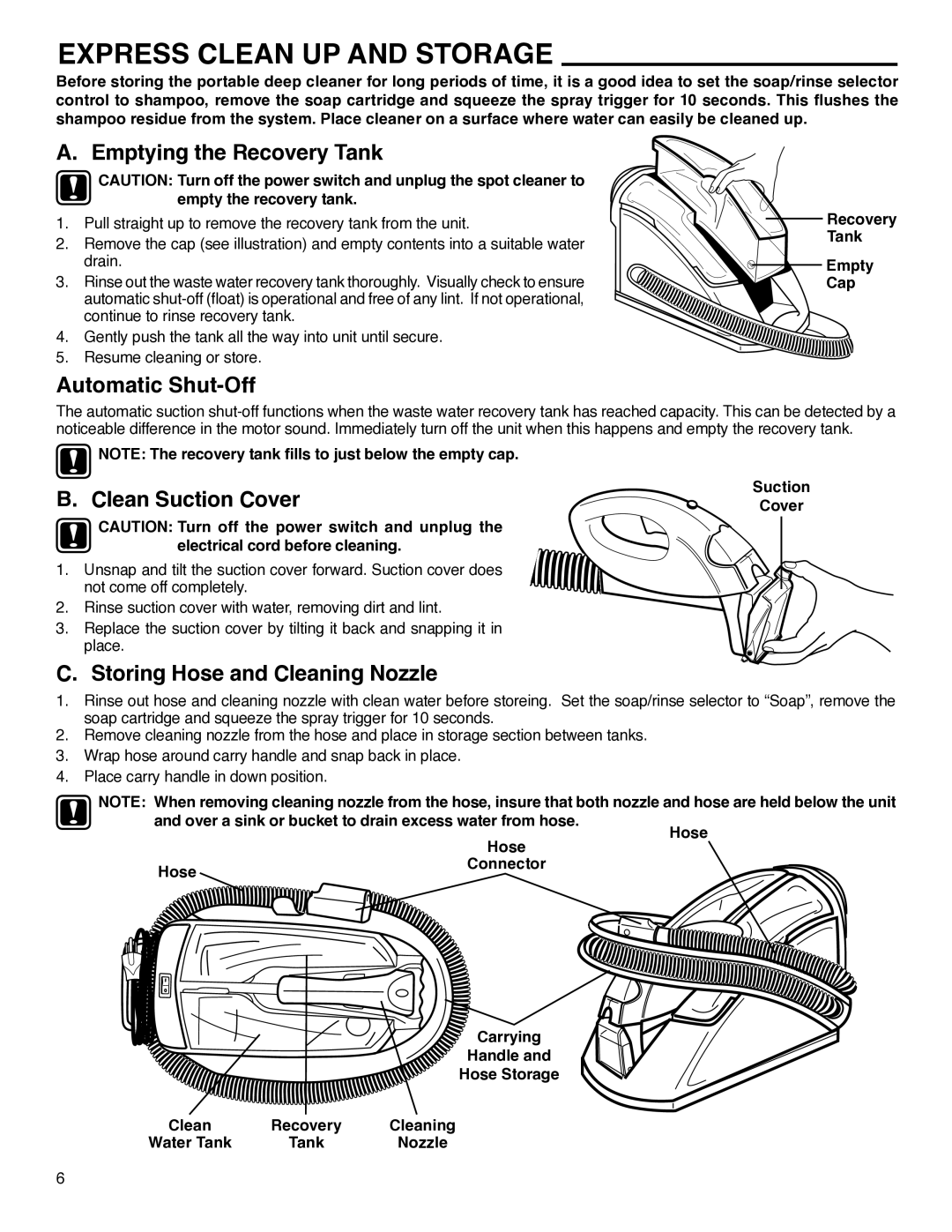2550 specifications
Eureka 2550 is a cutting-edge spacecraft designed for deep space exploration. Combining advanced technology with innovative engineering, the Eureka 2550 exemplifies the future of interstellar travel, enabling humanity to reach beyond our solar system.One of the standout features of the Eureka 2550 is its modular design, allowing for easy upgrades and repairs. This design philosophy ensures the spacecraft can adapt to emerging technologies and scientific needs as missions evolve. The modules include science labs, living quarters, and propulsion systems, each designed with versatility in mind.
The propulsion system on the Eureka 2550 incorporates a hybrid fusion drive, combining traditional chemical propulsion with advanced fusion technology. This allows for faster-than-light travel capabilities, significantly reducing travel time to distant celestial bodies. The fusion drive operates by harnessing the power of nuclear fusion reactions, providing a nearly limitless fuel source while minimizing waste production.
Another key characteristic of the Eureka 2550 is its state-of-the-art life support systems. These systems maintain a stable environment for crew members, utilizing advanced recycling technologies for air and water. A closed-loop life support system ensures that resources are used efficiently, making long-duration missions feasible. The crew quarters are designed for comfort and psychological well-being, featuring personal spaces, exercise facilities, and communal areas for social interaction.
Eureka 2550 is equipped with an array of scientific instruments, enabling comprehensive data collection and analysis. High-resolution spectrometers, advanced telescopes, and sample collection devices allow researchers to study distant planets, stars, and cosmic phenomena. The spacecraft's AI-driven systems enhance data processing, offering real-time feedback and analysis to the crew.
Safety is paramount in the design of the Eureka 2550. The spacecraft features multiple redundancies in critical systems, ensuring operational continuity in the event of malfunctions. Its hull is constructed from advanced composite materials, providing robust protection against micro-meteoroids and radiation.
Overall, the Eureka 2550 represents a significant leap forward in space exploration technology. With its modular design, advanced propulsion systems, and comprehensive life support systems, it is well-equipped to tackle the challenges of deep space missions. As humanity seeks to expand its presence in the universe, the Eureka 2550 stands as a beacon of innovation and a testament to our ambition for exploration beyond the stars.

